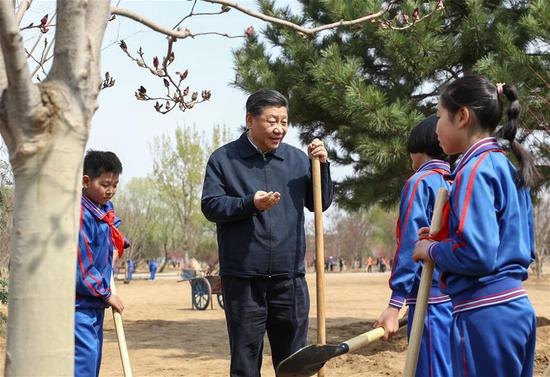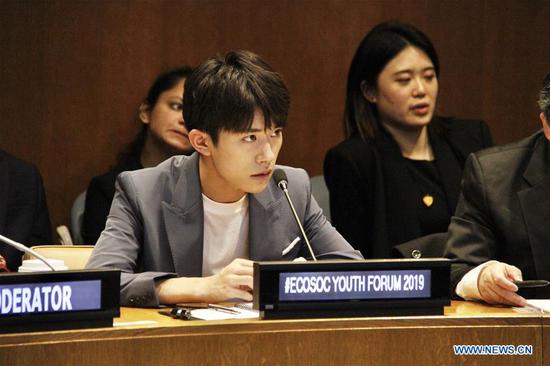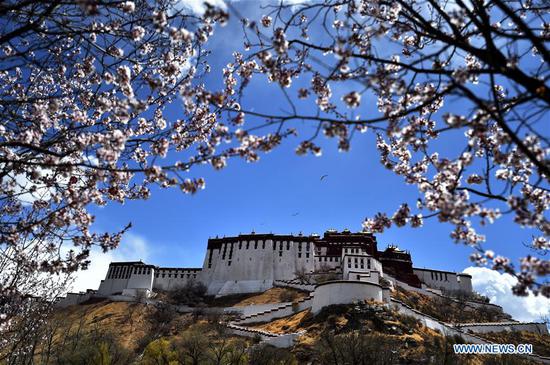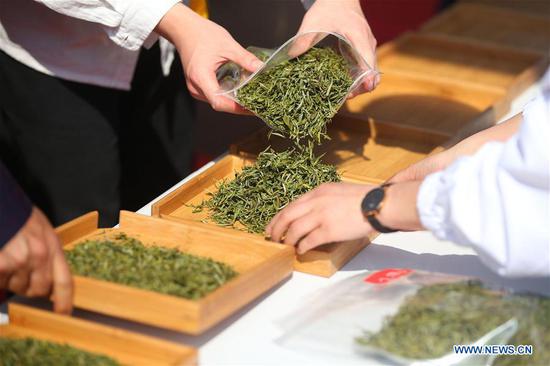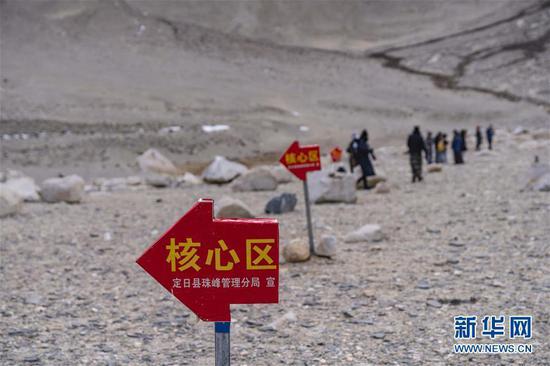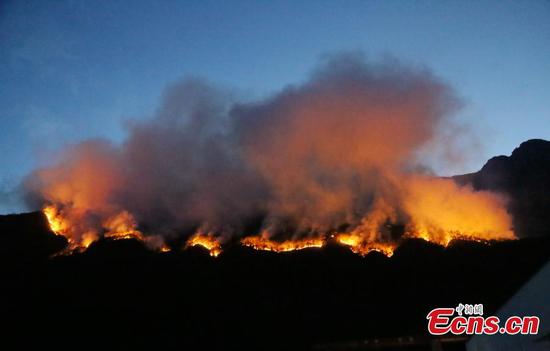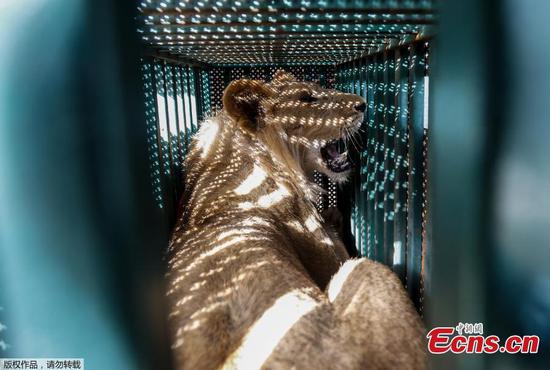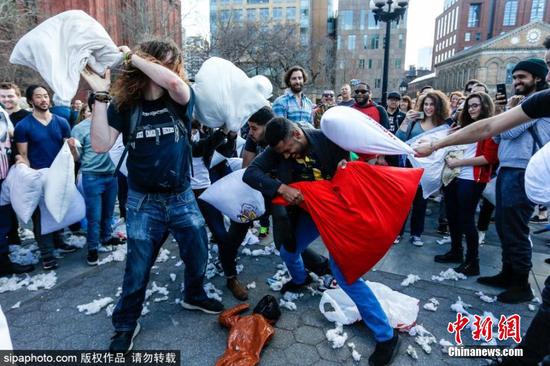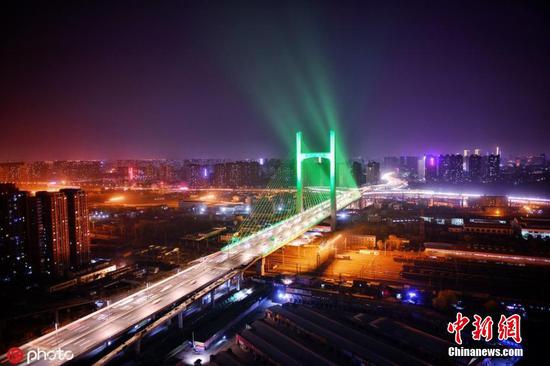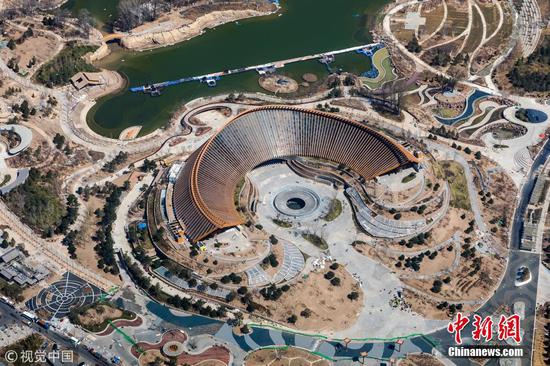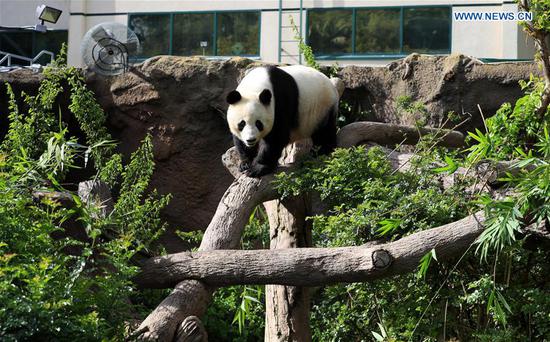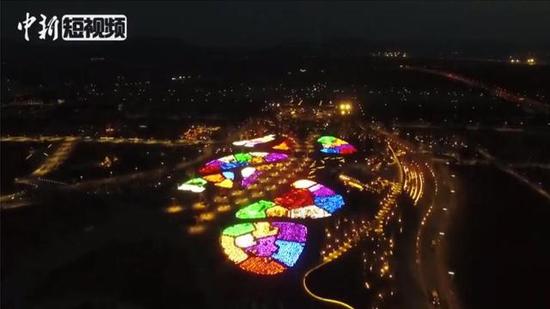China's chemical industry is expected to face tough regulation from both central and local governments that will likely lead to closures of many small plants and prompt consolidation within the industry, after a pair of deadly explosions at chemical plants last month.
Authorities have moved swiftly in recent days to take remedial measures aimed at eliminating safety risks, including special safety inspections and the closure of some companies and even entire industrial parks.
The State Administration for Market Regulation (SAMR) announced on Monday that it would launch special rectification efforts for high-risk areas that may have systemic safety issues, including food packing and chemical products. The efforts, expected to continue through October 2019, will focus on improving accountability for safety loopholes and enhancing oversight and regulation of companies, according to the SAMR.The move, along with usual actions from the government of East China's Jiangsu Province, came after two separate explosions at chemical plants in Jiangsu last month killed 85 people in total and injured dozens of others.
"With these major incidents naturally come tough regulatory efforts," Lin Boqiang, a professor at Xiamen University in East China's Fujian Province, told the Global Times on Monday. "Many companies that violate regulations and laws will be shut down and regulation enforcement will be much tighter."
Already, the city government in Yancheng, Jiangsu ordered a complete shutdown of the Xiangshui chemical industrial park, where an explosion at a chemical plant took 78 lives, according to the Xinhua News Agency.
The Jiangsu provincial government plans to shut down as many as 30 industrial parks that house chemical plants and close thousands of companies, according to media reports. Jiangsu is one of the largest bases for chemical industries in China. In 2017, it had more than 5,400 such companies that generated more than 2 trillion yuan ($297.64 billion) in revenue, said a report on news website thepaper.cn on Thursday.
Faced with major overcapacity and difficulties in regulating companies, Jiangsu had already been planning on upgrading its chemical sector. The renewed focus on safety stemming from the explosions will speed the process, according to Lin. "So in this regard, it is a great thing for the industry and for the country in the long run," he said."
News of tougher regulations pushed up share prices of major chemical companies, as investors bet that closures of smaller companies will boost operations of those at larger scale. Trading of shares of more than 50 companies was suspended on Monday after gaining the daily limit of 10 percent.
But the crackdown will cause major disruptions in the industry and might not be effective, according to Ma Jun, director of the Beijing-based Institute of Public and Environmental Affairs.
"These actions are like storms. They come fast but will also be gone fast," Ma told the Global Times on Monday, "What we need is not periodic crackdowns. We need a long-term coordinated mechanism."









